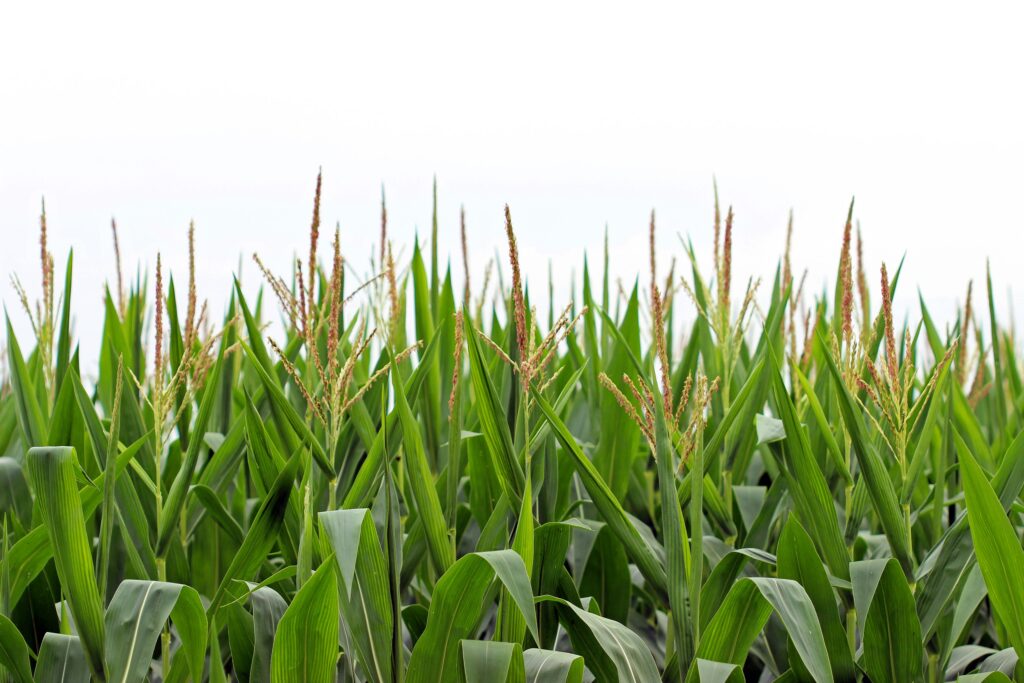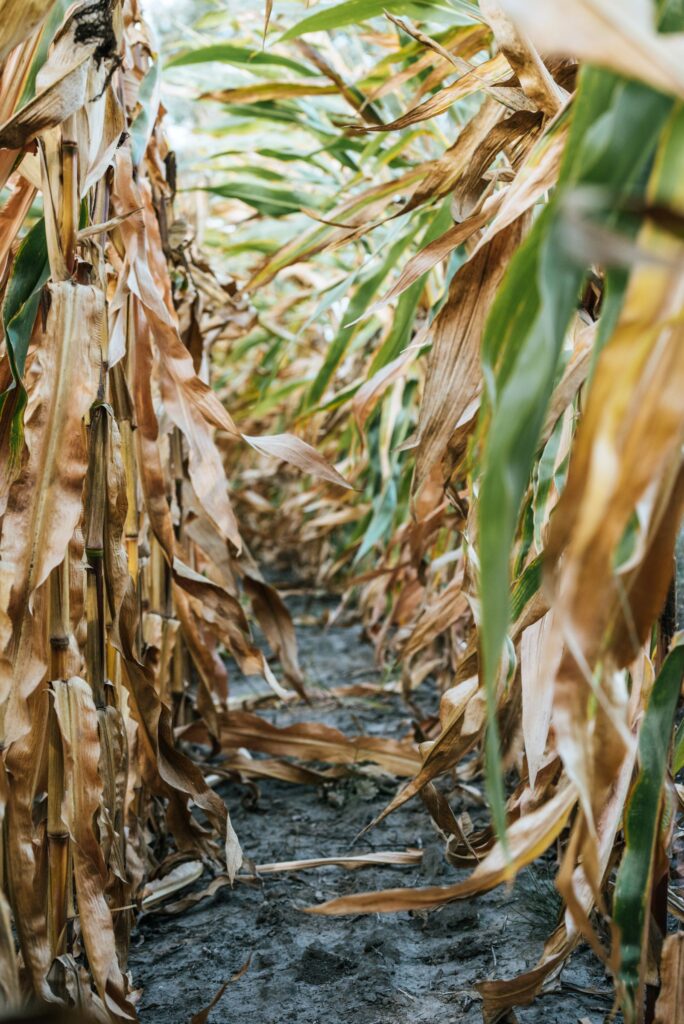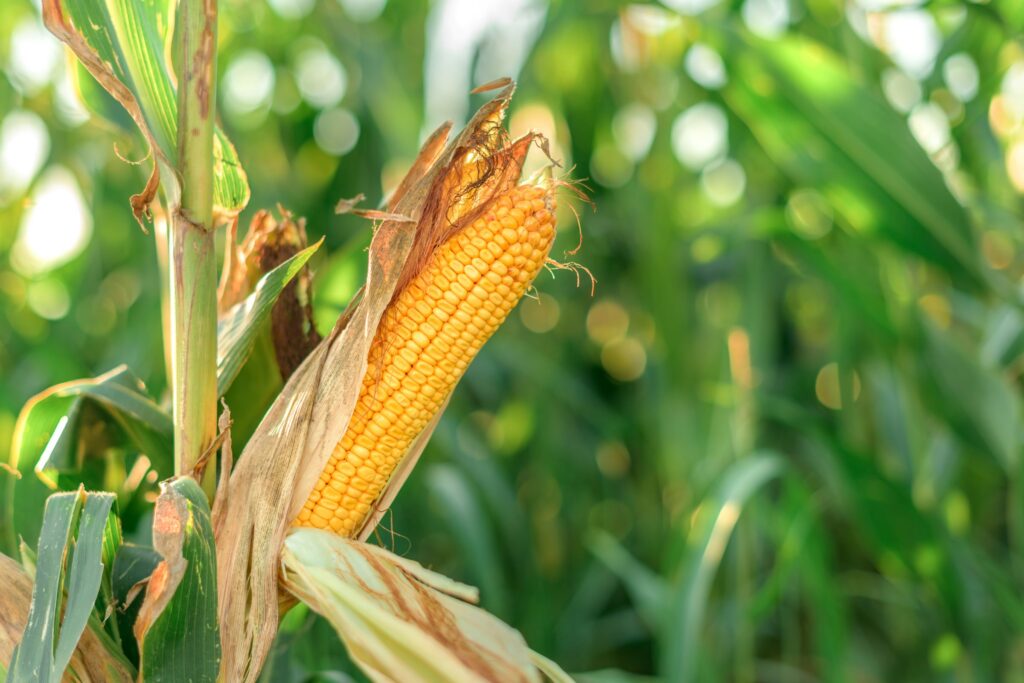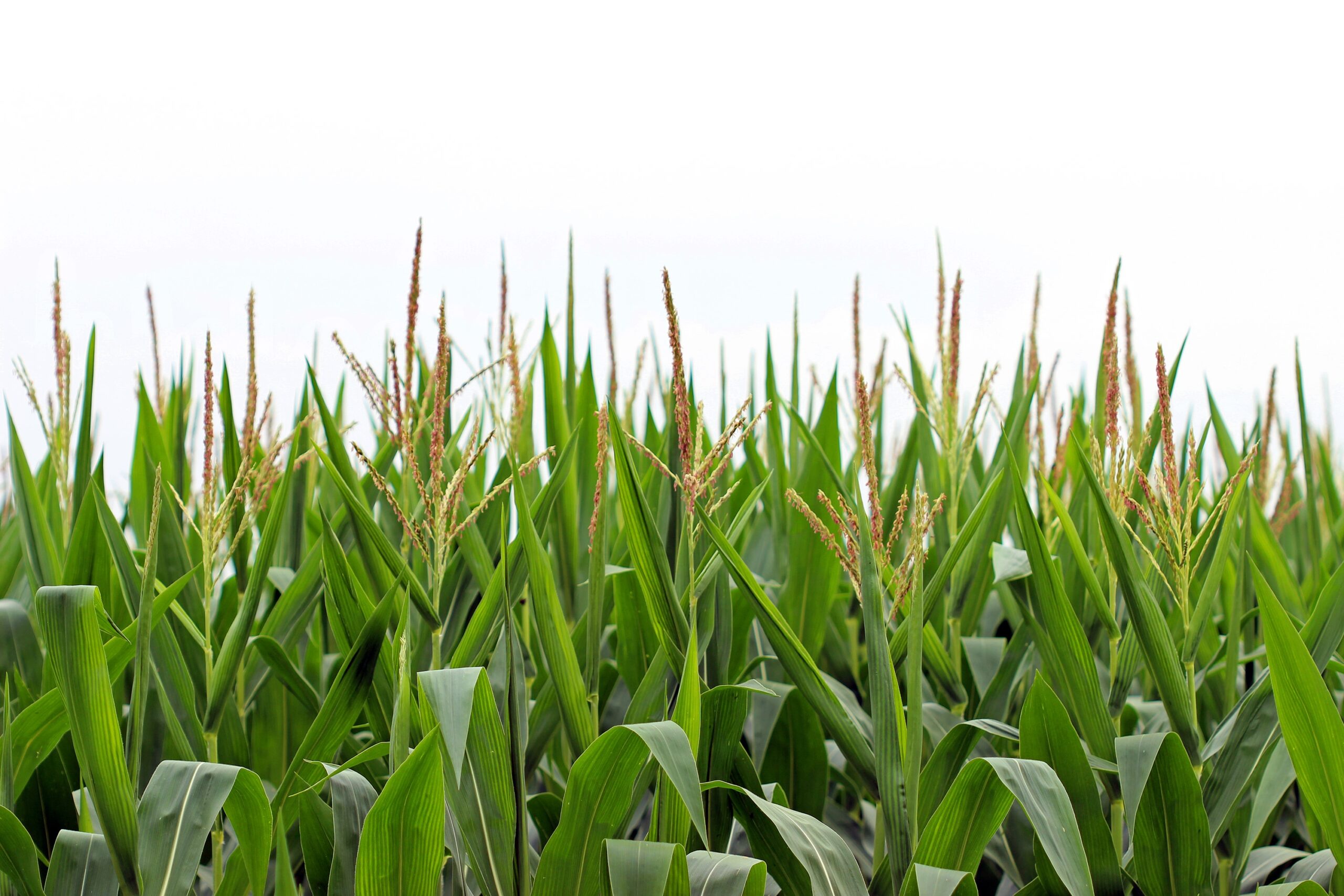
The three most important food crops in the world are rice, wheat, and corn (maize). These three cereal grains directly contribute more than half of all calories consumed by human beings.
In terms of production, corn is the leading crop in the world. It is a staple food for millions of people and is particularly important for food security in developing countries, where it is a dietary staple and a critical source of calories, protein, and micronutrients.
Corn produces good crops in various climatic zones and prospers in areas too dry for rice and too wet for wheat. It grows quickly and produces almost double the yield of wheat, being used as human food, livestock feed, and export.
Corn plant diseases
Overuse of chemical protectants and climate change have both contributed to the increase in infection severity of numerous corn diseases, putting corn crop yields at great risk. Four plant diseases causing the largest yield loss in corn plants are Gray Leaf Spot, Northern and Southern Corn Leaf Blight, Common Rust and Downy Mildew.

The Gray Leaf Spot is considered the major threat to corn crops in most parts of the world, causing up to 100% grain yield losses. The fungus survives in crop residues, which increases its ability to spread, and that is why the problem becomes more severe when farmers plant corn in the same field every year and do not apply tillage techniques.
Northern Corn Leaf Blight and Southern Corn Leaf Blight are distinct foliar diseases caused by different funguses with common symptoms, which cause cigar-shaped lesions on the leaves and significant yield losses in cornfields. Humid, rainy, windy, and warm weather is favourable for the growth and spread of these diseases.
Common Rust and Downy Mildew are two of the most widely spread diseases globally in cornfields and can cause high yield losses if they are not controlled effectively on time. They spread easily within the crop but can be easily transferred from and into neighbouring cornfields. Downy Mildew causes distortion or stunting of the corn plant and is both air and seed-born. It can survive in crop residues and different crop species and weeds growing in or close to the cornfield. Common Rust causes golden-brown pustules or bumps on the leaves and is easily spread by wind-transferred fungus spores.
Increasing Crop Yields
In an effort to increase crop yields, the long-term use of chemical fertilisers presents serious obstacles and has a huge impact on soil health. It is difficult to increase the yield of corn without applying fertilisers, but fertiliser overuse can damage the environment, increase production costs and reduce grain quality.
Corn production can be increased using sustainable and environmentally friendly technologies, one of which is biofertilisers. Microbial biofertilisers contain living microbes that colonise the rhizosphere of plants and stimulate plant growth by increasing the supply of vital nutrients.

Revolutionising Agriculture
FA Bio is revolutionising sustainable agriculture with the discovery and development of superior microbial bioproducts, including biocontrols, biostimulants and biofertilisers, that can replace chemical inputs. Our unique Microbial Discovery Platform includes microbial candidates for disease control, plant growth promotion and biofertiliser activities. With the discovery of microbial active ingredients for bioproducts, FA Bio’s mission is to help minimise agriculture’s environmental impact and restore soil health whilst sustainably increasing crop yields.
To have the greatest impact on our environment, FA Bio targets the largest crop industries, including wheat and corn, across Europe and America. Our unique approach, using our patented SporSenZ technology, has the ability to take months and years out of the R&D process to discover and develop high-efficacy new bioproducts. We believe that our approach will help the world to advance on its pathway towards a net-zero carbon agriculture industry.


